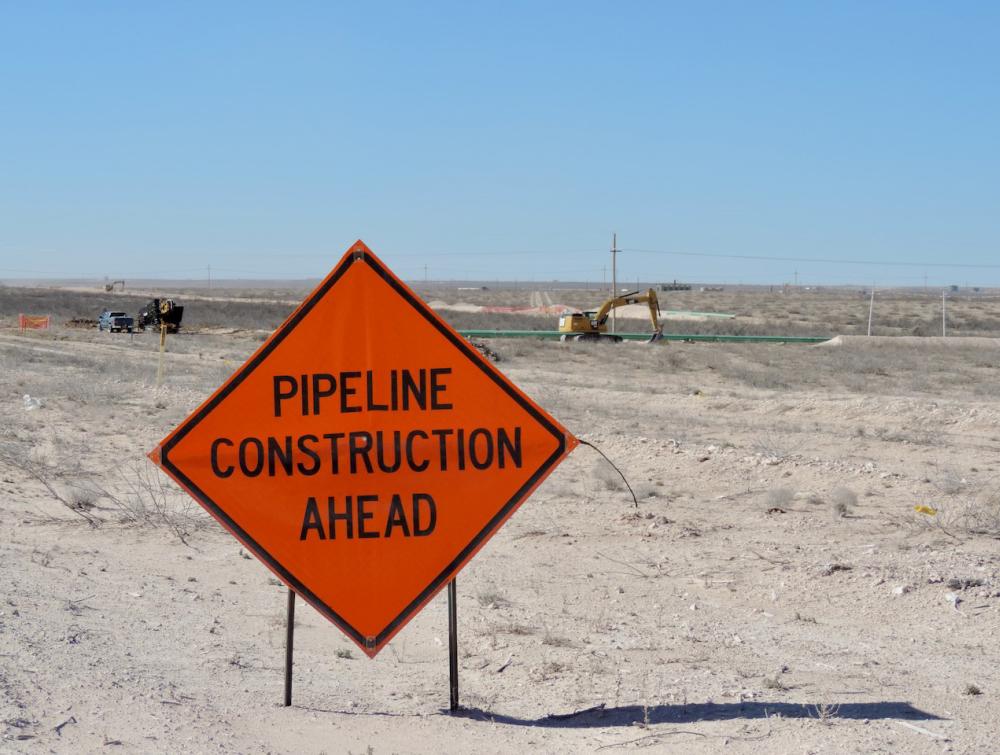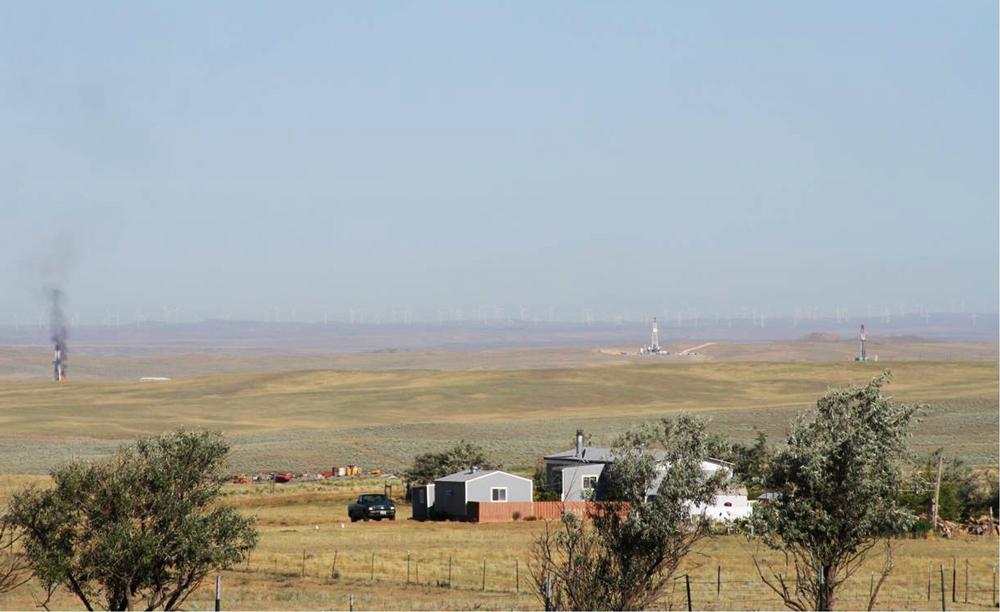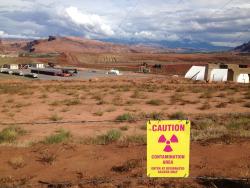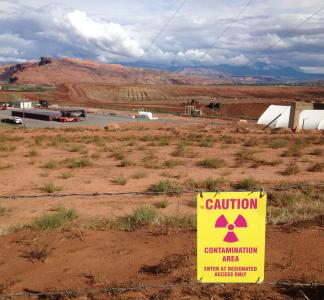Death by a thousand cuts: The systematic dismantling of the National Environmental Policy Act (NEPA)

Pipeline construction in the Permian Basin, New Mexico
WildEarth Guardians
For over 50 years, the National Environmental Policy Act (NEPA) has safeguarded public lands, waters, and communities by requiring federal agencies to assess environmental and public health impacts before making decisions. But under the Trump administration, this cornerstone of environmental protection is being dismantled—slowly and systematically—under the guise of a manufactured “energy emergency.”
Since taking office, the Trump administration has:
- Eliminated all White House Council on Environmental Quality implementing regulations – ending consistent nationwide NEPA standards and leaving more than 80 federal agencies to interpret the law all on their own for the first time in more than a half century.
- Undermined CEQ authority, a move mirrored by two federal court rulings.
- Revoked 2023 guidance to agencies to assist them in evaluating the climate impacts of their decisions.
- Instructed agencies to prioritize speed over substance, discouraging thorough environmental reviews, limiting public input, and minimizing environmental justice concerns.
- House Republicans, meanwhile, recently supported a provision in the spending bill that allows project sponsors to buy faster environmental reviews and completely bypass judicial accountability. That same language is included in the Senate’s version of the spending bill.

Pollution from natural gas infrastructure threatens those living nearby in Douglas, Wyoming.
Photo: Kris Mogen, WORC
All of this will lead to projects on public lands that will fly through the approval process at lightning speed, which could leave landscapes damaged and polluted, and communities left behind. A few recent projects with little to no public comment include:
- A Canadian-based energy company proposing to reopen its uranium mine in southeast Utah after the Trump administration fast-tracked permitting, allowing for an 11-day environmental review— with no public comment.
- The Trump administration gave the public 5 days to comment on a 103-page environmental assessment on an Australian company’s proposal to explore lithium in southeast Oregon (later extended to 30 days).
- Five additional mining projects have been identified for fast-track environmental review, all with potentially destructive outcomes for landscapes and neighboring communities.
There have been instances in the past when emergencies have required streamlined environmental review. However, those emergencies involved uncontrolled sewage leaking onto U.S. beaches; outbreaks of untreatable viruses and infectious diseases; preventing escalating physical violence or the collapse of structures with exposure to hazardous materials. The Trump administration’s manufactured “energy emergency” does not meet muster when oil production is at record highs, and renewable energy projects are deliberately excluded from the urgency.
The Trump administration’s manufactured “energy emergency” does not meet muster when oil production is at record highs, and renewable energy projects are deliberately excluded from the urgency.
To add insult to injury, the U.S. Supreme Court ruled recently that agencies don’t have to look at the big picture when reviewing proposed projects, just the environmental impacts directly under their noses. The ruling makes it harder for the public to challenge through the courts industry-backed projects, such as whether a railway project will lead to increased upstream oil production and downstream refining activity.
When it comes to these administrative and proposed Congressional changes, faster does not mean better when it comes to the health and safety of the American public. Rather, they will bring the United States back to an era when rivers catch fire from pollution and toxic air makes cities unbreathable. The current assault on NEPA isn’t even just about the environment; it’s about the public’s right to be heard. If this death by a thousand cuts continues, it won’t just damage policy—but the health, safety and voices of America’s residents.




